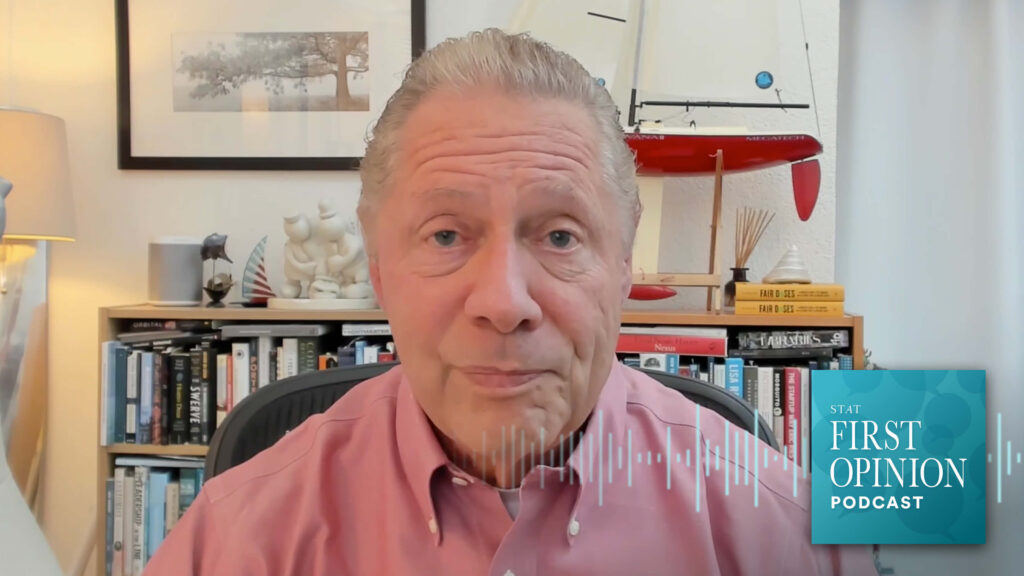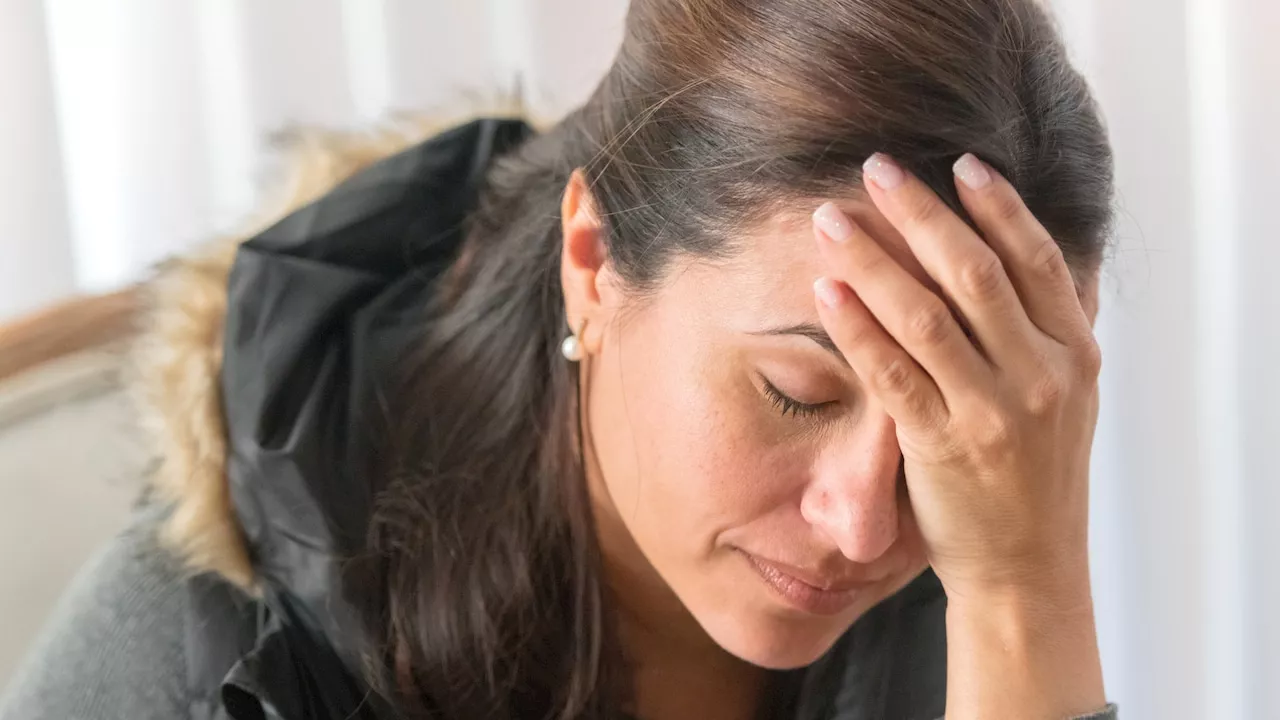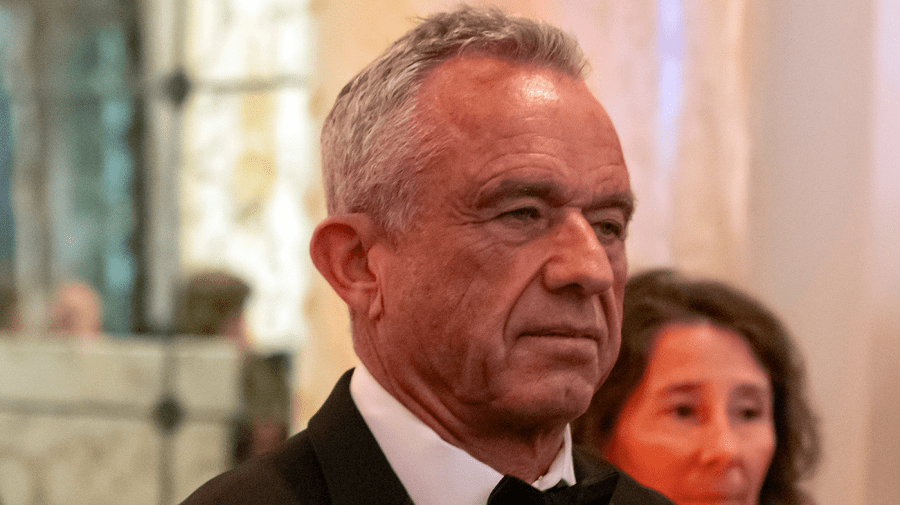In a recent episode of the “First Opinion Podcast,” former Gavi, the Vaccine Alliance CEO, Seth Berkley, highlighted the ongoing challenges of vaccine hesitancy and the need for improved pandemic preparedness. Berkley, who co-founded COVAX and authored the book “Fair Doses: An Insider’s Story of the Pandemic and the Global Fight for Vaccine Equity,” addressed the lessons learned from the Covid-19 pandemic and the critical steps necessary to prepare for future outbreaks.
Berkley emphasized that vaccine hesitancy is not a new phenomenon. He recalled the early days of vaccination, saying, “The first vaccine was smallpox vaccine,” and noted that it was met with skepticism. The image of individuals depicted with cow horns on their heads, a result of misinformation surrounding the smallpox vaccine, underscores the long-standing issues related to public perception of vaccines.
As the world grapples with the aftermath of Covid-19, Berkley warned that “it is evolutionarily certain” that more outbreaks will occur, some potentially more severe than Covid-19. He stated, “And therefore, it’s very important for the world to understand what worked and what didn’t” during this crisis. His insights come at a time when funding for scientific research is facing significant cuts, raising concerns about the future of global health initiatives.
Critical Choices for Global Health
Berkley described the current situation in global health as a “little bit of a devil’s choice.” He posed a challenging question to the audience: should the focus remain on routine healthcare work, potentially sidelining pandemic prevention efforts, or should resources be redirected to prioritize preventing future pandemics at the expense of routine health services?
This dilemma reflects broader issues within health systems worldwide, where funding constraints often force difficult decisions about where to allocate resources. As Berkley stated, “Do we continue our routine work and stop the work on preventing pandemics, or do we do the work on preventing pandemics and then stop some of the routine work?”
His recent essay, titled “Global security is impossible without sufficient support for global health,” serves as a call to action for policymakers and the public alike. It emphasizes the need for sustained investment in global health initiatives to ensure preparedness for future health crises.
Listeners can engage further with Berkley’s insights by tuning into the “First Opinion Podcast,” available on platforms such as Apple Podcasts and Spotify. For updates on new episodes, interested parties are encouraged to sign up for the “First Opinion Podcast” newsletter, which delivers alerts each week.
As the world continues to navigate the complexities of public health, the conversation surrounding vaccine hesitancy and pandemic preparedness remains crucial. The lessons learned from the Covid-19 pandemic are vital for shaping future responses to global health challenges, ensuring that society is better equipped to face the uncertainties ahead.







